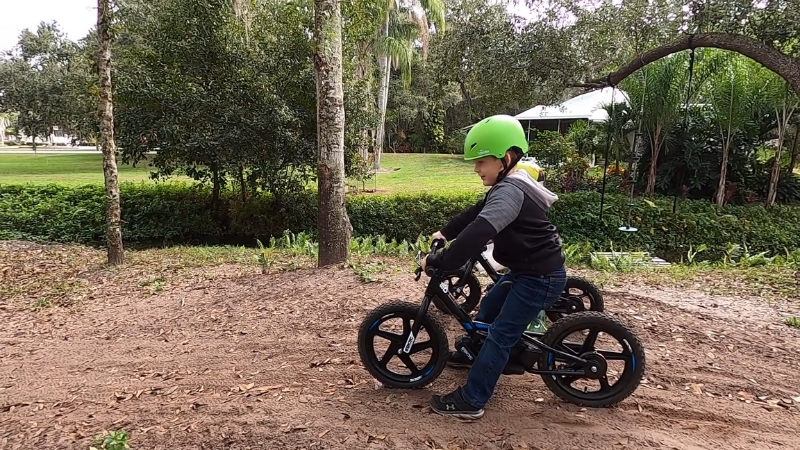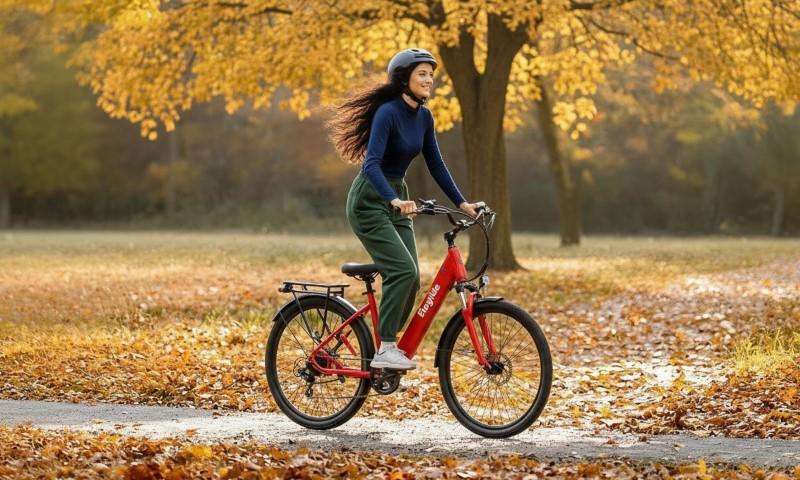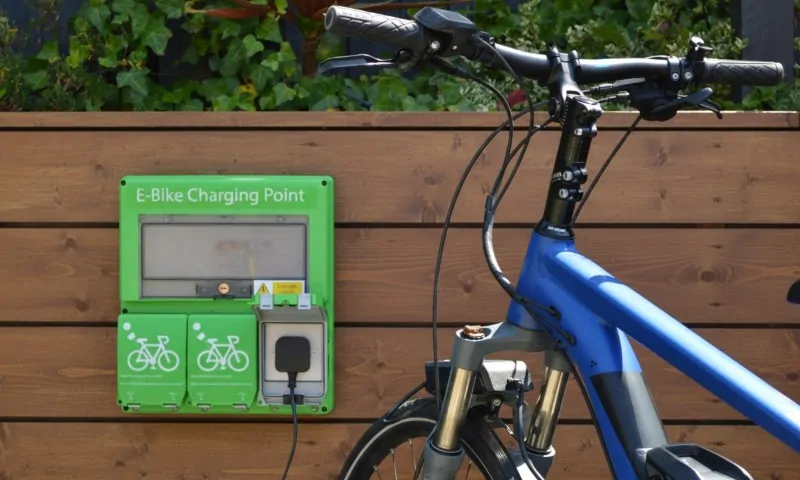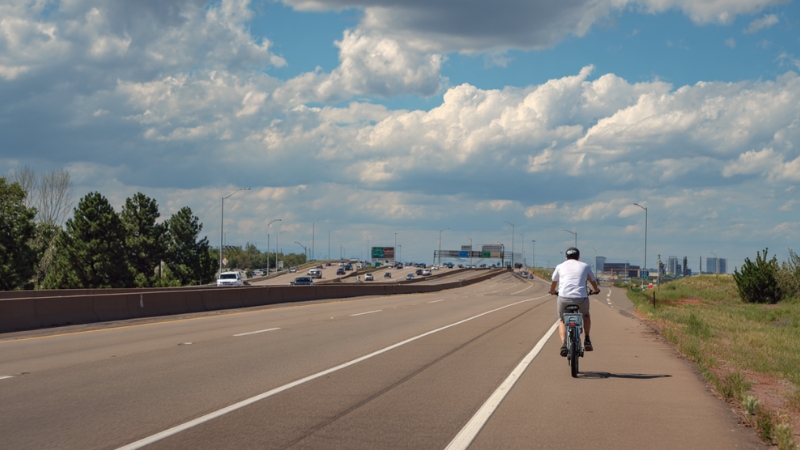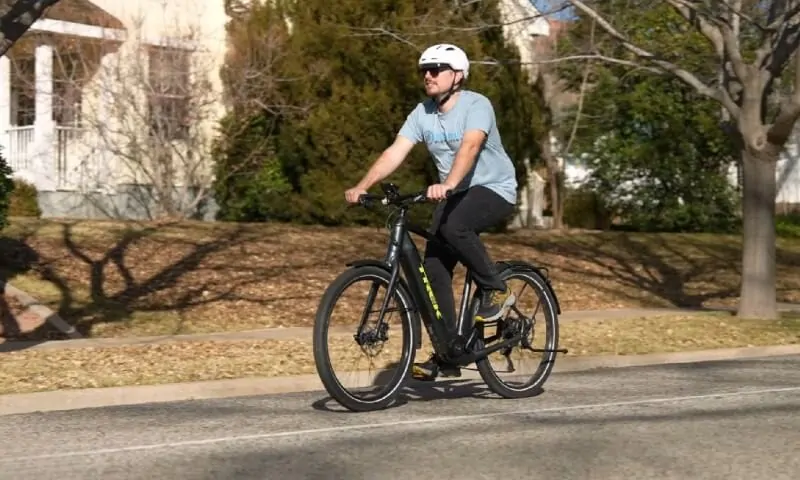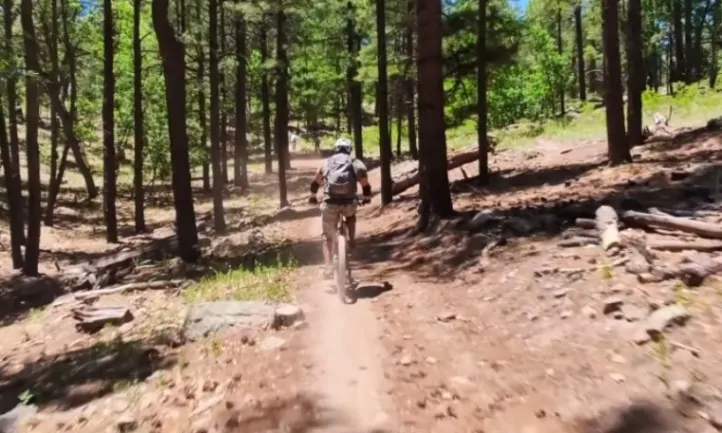When it comes to cycling, a lot of focus is placed on training plans, bike gear, and techniques. But here’s a truth not everyone considers right away: what you eat can be just as crucial as how hard you pedal.
It doesn’t matter if you’re a casual weekend rider or a seasoned competitive cyclist, nutrition plays a significant role in how well you perform, recover, and improve over time.
Let’s talk about how fueling your body correctly can take you from hitting a wall to crossing the finish line feeling strong.
Table of Contents
ToggleThe Foundation of Cycling Nutrition
At the core of a cyclist’s diet are three main players: carbohydrates, fats, and proteins. Each serves a unique purpose, and getting the balance right can be the key to sustained energy, faster recovery, and better results on the bike.
Carbohydrates
Carbs are the primary fuel for any cyclist, especially competitive one. The body stores carbohydrates as glycogen in your muscles and liver, and it’s these reserves that power you through each ride.
The harder or longer you ride, the quicker those glycogen stores deplete. Without enough carbs, you risk hitting the dreaded “bonk” – when your body runs out of quick-access energy and your performance plummets.
- Before the ride: Eat a meal rich in complex carbs (think rice, pasta, or whole grains) 3-4 hours before you hit the road. This meal fills up your glycogen reserves and gives you lasting energy.
- During the ride: For rides longer than 90 minutes, you need to keep topping off your carb stores. Aim for 30-60 grams of carbs per hour during moderate-intensity rides and up to 90 grams if you’re going all-out. This can come from energy gels, bars, bananas, or even dried fruit.
- Post-ride: After you finish, the body enters a window where it efficiently refills glycogen reserves. Eating carbs within 30 minutes to 2 hours after a ride helps you recover faster and prepares you for your next session.
Protein

Protein is the body’s recovery worker. While carbs keep you going during the ride, protein steps in afterward to help your muscles rebuild and repair. This is crucial if you’ve been doing high-intensity rides or longer endurance sessions.
After cycling, aim for a snack or meal with a good balance of carbs and protein. Something like a banana and protein shake, or a small meal with lean meats and whole grains, can be a perfect combo. The recommended ratio is around 3:1 or 4:1 carbs to protein.
National Institutes of Health highlights how protein, in combination with carbohydrates, has the potential to improve both performance and recovery in endurance sports like cycling. The study reports an average improvement of 9% in performance, particularly in time trials, when athletes consumed protein alongside carbohydrates during their training.
Fats
While carbs get you through shorter or high-intensity rides, fats become more important when you’re in it for the long haul. Fats provide slow-burning energy, which is ideal for those long, steady rides where your body taps into its fat stores once glycogen runs low.
Healthy fats from nuts, seeds, avocados, and fatty fish should be part of your daily diet, ensuring you have enough slow-release energy when needed.
According to the Journal of Sports Medicine, high-fat diets have been shown to affect metabolic pathways, enabling athletes to perform better over extended periods by enhancing fat oxidation at moderate intensities, which is often where cyclists spend a large portion of their ride.
Hydration

Hydration is one of those factors that’s easy to overlook, but it’s just as important as fueling with food. When you cycle, especially in the heat, you lose a lot of fluids through sweat.
Failing to replace those fluids can result in fatigue, muscle cramps, and even heat exhaustion.
Pre-Ride Hydration
Start a ride already hydrated. Drink around 500-750ml of water in the hours leading up to your session. That way, your body is prepped for the effort ahead.
Staying Hydrated During the Ride
During the ride, aim to drink around 500-750ml of water per hour, adjusting based on the heat and intensity.
If you’re riding for more than 90 minutes, consider adding an electrolyte drink to replace essential salts like sodium, potassium, and magnesium. This helps prevent cramping and keeps your endurance levels high.
Post-Ride Hydration
After the ride, it’s time to replenish. For every kilogram of weight you lose (mostly water) during a ride, drink 1.5 liters of fluid. This ensures you bounce back quicker and feel fresh the next day.
Pre-Ride Nutrition

The food you eat before getting on the bike can be a game-changer. You want something that provides sustained energy without causing stomach discomfort.
- Timing: Try to eat a solid meal 3-4 hours before you get on the bike. If you’re short on time, a light snack of easily digestible carbs (like fruit or a sports gel) about 30-60 minutes before the ride can work too.
- Avoid high fiber and fat: Fiber and fat take longer to digest, so eating them right before a ride might slow you down or cause stomach upset. Stick to lower-fiber options like white rice or pasta if you’re eating close to ride time.
- Carb-loading for longer events: Some cyclists go for carb-loading before long races, which means increasing your carb intake in the days leading up to the event. This helps maximize glycogen stores in your muscles, giving you extra reserves to tap into.
If figuring out what to prepare every day feels like a chore or slows you down mentally, using a structured meal plan can make a big difference. Consistency in pre-ride meals helps reduce stress and keeps your energy levels steady. HurfPost Brasil offers some excellent free templates that can help simplify the process. You can download them and build a weekly plan that fits your training schedule and energy needs without having to think too much every day.
Keeping Energy Levels Steady During the Ride
Once you’re out on the road, staying fueled becomes a balancing act. You need to keep the energy flowing without overloading your stomach.
The 60-90 Minute Rule
After the first hour, start refueling. Your body needs carbs to avoid that dreaded energy dip. Consuming small amounts of carbs early and often keeps blood glucose levels steady and powers you through the miles.
Real Food vs. Gels
Sports gels and energy bars are convenient, but they aren’t the only option. Some cyclists prefer real food during longer rides – think bananas, rice cakes, or nut butter sandwiches.
These options provide a mix of carbs, fats, and proteins for a more sustained energy boost.
Post-Ride Recovery

Once your ride is done, the focus shifts to recovery. What you eat post-ride plays a big role in how you’ll feel the next day. Muscles need to repair, and glycogen stores need to be refilled.
Carbs and Protein Combo
After a ride, a snack or meal with both carbs and protein is ideal. Options like chocolate milk, protein shakes, or a meal with lean meat and complex carbs can give your body the nutrients it needs to rebuild and recover.
Timing is Key
Eat within 30 minutes to 2 hours post-ride. Waiting too long can delay recovery, leaving you feeling sore or sluggish the next day. Quick recovery means you’re ready to train harder or ride again sooner.
Supplements

For most cyclists, a well-rounded diet covers the nutritional bases. But supplements can provide an extra edge, especially during long or intense training blocks.
- Electrolytes: These are useful on hot days or during long rides when you lose more salts through sweat.
- Protein powder: If you struggle to get enough protein through food, adding a scoop of protein powder to your post-ride smoothie can help boost recovery.
- Caffeine: Caffeine can give a boost before or during rides. It increases alertness and helps reduce the perception of fatigue, especially on endurance rides.
Wrapping It Up
When it comes to cycling, nutrition can either supercharge your performance or leave you struggling through the miles. By fueling properly with the right balance of carbs, proteins, and fats, and staying on top of hydration, you can unlock your best rides.
It’s not just about race day, either. Consistently eating well and recovering smartly will help you improve over time, ride stronger, and recover faster.
Everyone’s needs are different, so it’s all about figuring out what works for you and your riding goals. Keep experimenting with nutrition, and your performance will surely improve over time.
Related Posts:
- 7 Reasons Bicycle Chains Break (And How to Fix It)
- Nutrition for Cyclists - What to Eat Before, During…
- 9 Tips for Finding the Best Road Bike Pedals -…
- How Fast Can a 50cc Moped Go? - Speed, Performance,…
- GT Men’s Aggressor Pro Mountain Bike - Pros, Cons,…
- Mechanical vs. Hydraulic Disc Brakes - Performance,…



